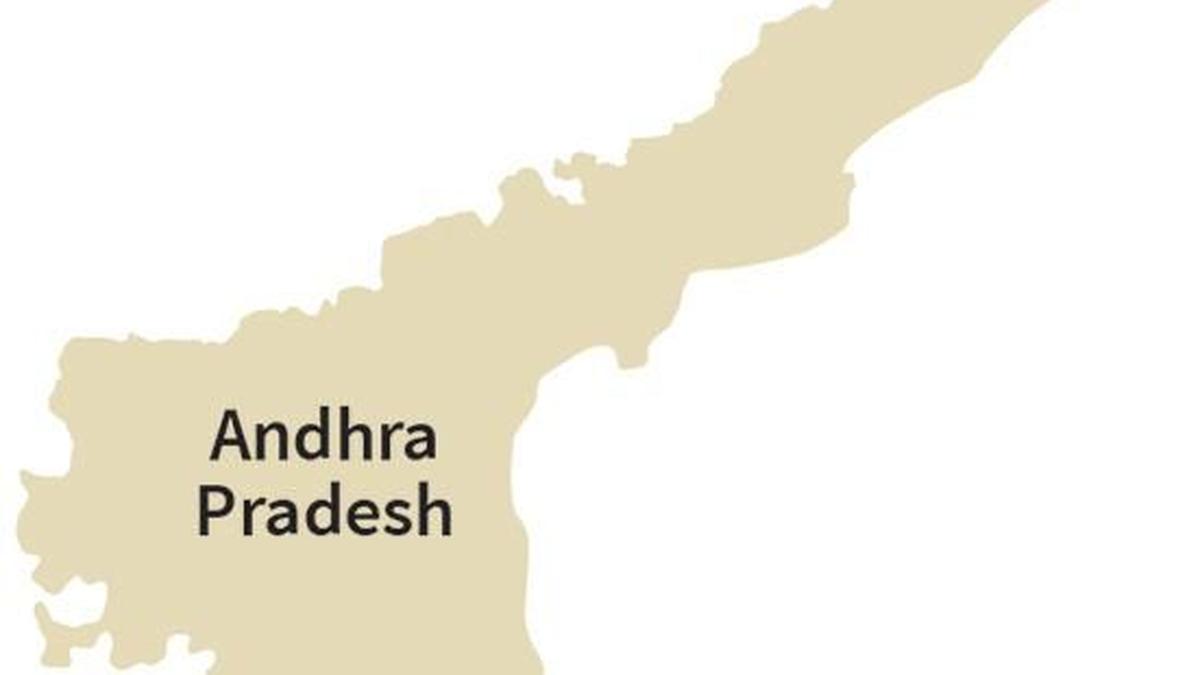ARTICLE AD BOX
Last Updated:July 08, 2025, 16:50 IST
The Indian response comes in the wake of a controversial report titled “Doval Doctrine: India’s Trail of Terror” published by Pakistan's The Express Tribune on July 6, 2025.

India’s NSA Ajit Doval. (File pic)
Indian intelligence sources have dismissed the “Doval Doctrine" document recently circulated by Pakistani media as baseless propaganda, allegedly authored by Pakistan’s military media wing, the ISPR. They assert that the document lacks any credible evidence or independent verification and is being used to strategically distract from Pakistan’s internal failures.
The Indian response comes in the wake of a controversial report titled “Doval Doctrine: India’s Trail of Terror" published by Pakistan’s The Express Tribune on July 6, 2025. The article, allegedly based on a classified document prepared by Pakistan’s military media wing Inter-Services Public Relations (ISPR), accuses India’s intelligence agency RAW of orchestrating a network of destabilising operations across Pakistan, especially in Balochistan and along the China-Pakistan Economic Corridor (CPEC). It links Indian agencies to attacks on Chinese interests and frames India’s strategic doctrine — attributed to NSA Ajit Doval — as one of “offensive defence."
According to intelligence officials, the narrative being promoted leans heavily on China-funded disinformation campaigns designed to garner international sympathy by portraying Pakistan as a victim of foreign conspiracies. “This is a classic case of using internal security lapses and unrest, especially in Balochistan, to project external aggression," one top source said.
Sources further note that Pakistan has misused allegations from EU DisinfoLab — originally aimed at highlighting lobbying tactics — to falsely validate its narrative. “What is ignored is Pakistan’s own manipulation of media through state-controlled outlets and suppression of dissenting voices," sources added.
On the Kulbhushan Jadhav case, intelligence sources reaffirm India’s position that Jadhav was kidnapped from Iran and that all charges were denied. They cite the International Court of Justice’s 2019 ruling which found Pakistan in violation of the Vienna Convention and ordered consular access, casting doubt on the legality of Jadhav’s trial.
Confessions made by Jadhav and others like Ghulzar Imam Shambay are seen by officials as coerced and lacking legal or moral legitimacy. “These are statements taken under duress, not valid in any international court," an intelligence source stressed.
Furthermore, intelligence inputs suggest that the portrayal of Indian attacks on Chinese targets is a calculated move by Pakistan to align with Beijing, seeking protection for CPEC assets. Blaming India for attacks in regions like Quetta or Khuzdar — historically neglected and unstable — is viewed as an attempt to cover up Pakistan’s internal security lapses.
India, meanwhile, points to Operation Sindoor, its past precision strikes on terror sites deep inside Pakistani territory, including Bahawalpur and Muridke, as a response to terror hubs — not unfounded aggression.
Group Editor, Investigations & Security Affairs, Network18
Group Editor, Investigations & Security Affairs, Network18
- Location :
- First Published:
News india 'No Proof, No Credibility': Indian Intelligence Sources Dismiss Pakistan's 'Doval Doctrine' Claims



.png)
.png)
.png)
















 9 hours ago
5
9 hours ago
5










 English (US) ·
English (US) ·